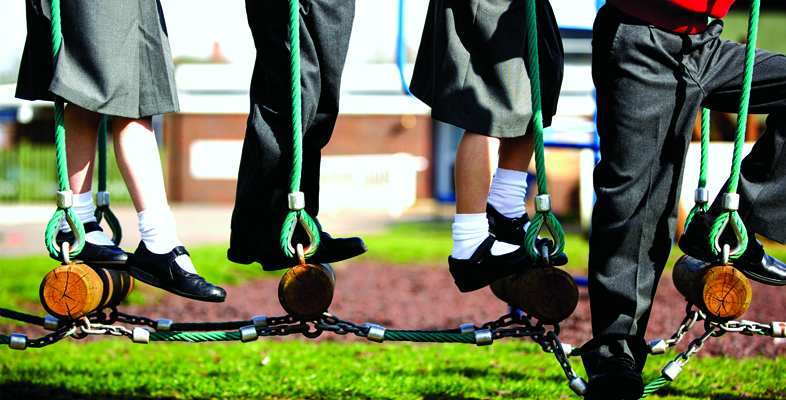3 Listen to an early childhood educator and observe children
In the previous section, Mark Millinson said that every child is different and unique. In the lecture you are about to hear, Priscilla Alderson, Professor of Childhood Studies at the University of London Institute of Education, makes a strong argument that when we observe and listen to children, we must see them as individual people.
In this audio, Priscilla Alderson talks about how we should treat children as people, not ‘puppets’. This is an important idea when you think about observing and listening to children so you can understand their learning and their needs. People are complex and interesting, and sometimes unpredictable. It takes time to know and understand a person well, and it’s important not to make assumptions.
Activity 1 The focus of observations
Listen to the extract from Alderson’s inaugural lecture.
In the lecture, Alderson argues for an end to ‘compulsory’ schooling. As you listen, think about her reasons for this. Make some notes in the box below.
Transcript: Audio 1
Discussion
When children are at school, Alderson says, they are immersed in an adult-controlled world. She refers to the Italian educationalist Loris Malaguzzi (1920–1994) who said that children have ‘one hundred languages, a hundred thoughts, a hundred ways of listening, marvelling, loving, singing and understanding’. Alderson argues that, too often, schools take away children’s joy and their innate abilities to wonder and to explore. Alderson points out that, as learners, children and adults are the same because, whether we are young or old, we prefer to learn voluntarily rather than being forced to learn.
Alderson talks about how much children value their teachers, and how children and teachers can ‘co-create’ learning when teachers treat children as people rather than ‘puppets’. Co-creation involves collaboration, with children having more input and decision-making in the learning process. Adults who listen to children can find out what children understand and feel, what they already know and what they want to learn.
It is unlikely that school will become non-compulsory for children, but Alderson is arguing for greater awareness of how children experience school. Observation and listening can help you to become more aware.
Next, you will read two case studies of observing and listening to children.
